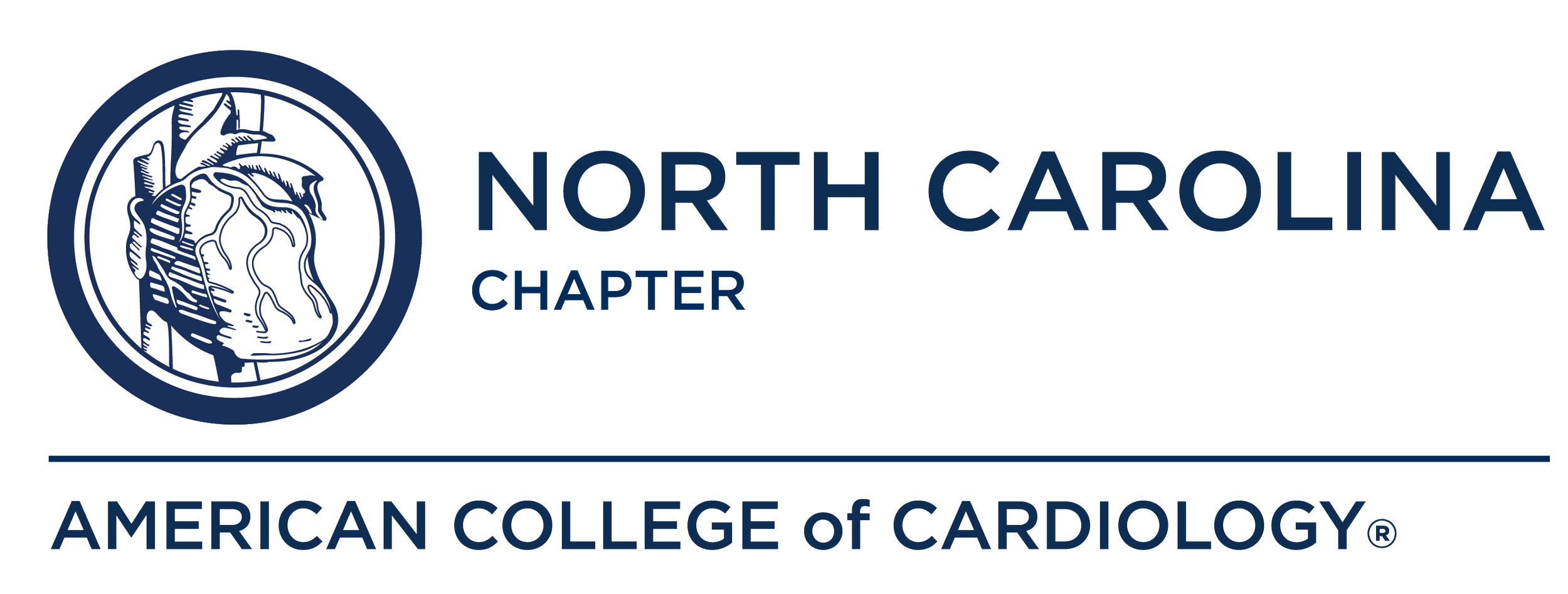Remote monitoring and social determinant interventions for the management of hypertension
The NC Chapter awarded Cone Health a grant to address the hypertension rate in our state in 2021.
Update March 2024:
Our clinic sees patients with uncontrolled hypertension and employs a multidisciplinary team of physicians, APPs, PharmDs, Nurses, Social Workers and Health Coaches. The study compares our usual care model of once per month in-person follow-up for four months with remote blood pressure monitoring and in-person follow-up at months 2 and 4.
In addition to the funding that we received from the North Carolina Chapter, we also received funding from ACC. The study is ongoing and will likely conclude by the end of this calendar year. Receiving this funding was transformational for our Advanced Hypertension Clinic, as we were funded within our first year of existence. This vote of confidence from ACC and the NC/SC Chapters bolstered the credibility of our clinic and spoke to the importance of hypertension management within our service line and across the health system.
Since then, we have not only continued to enroll patients in our remote patient monitoring study, but our clinic has expanded providers to allow for timely access for our growing patient population. In our overall patient population, we have seen an average reduction of 24 mmHg in SBP and 10 mmHg reduction in DBP. The original grant funding also helped us attract other clinical research including renal denervation.
As our Advanced Hypertension Clinic has grown, we were well-positioned to appropriately screen and manage patients with resistant hypertension, and were the first site in our region to perform a renal denervation procedure in clinical practice. We are hopeful to continue growing our hypertension and prevention site-based research.
The success of our Advanced Hypertension Clinic also led to me serving in leadership roles for our health system's True North Metric of achieving improving hypertension control in all patients, with a specific focus on African American patients and being named the Director of Prevention in the Cardiovascular Service Line. We are truly thankful for the funding and the impact it continues to have on hypertension control and prevention.

